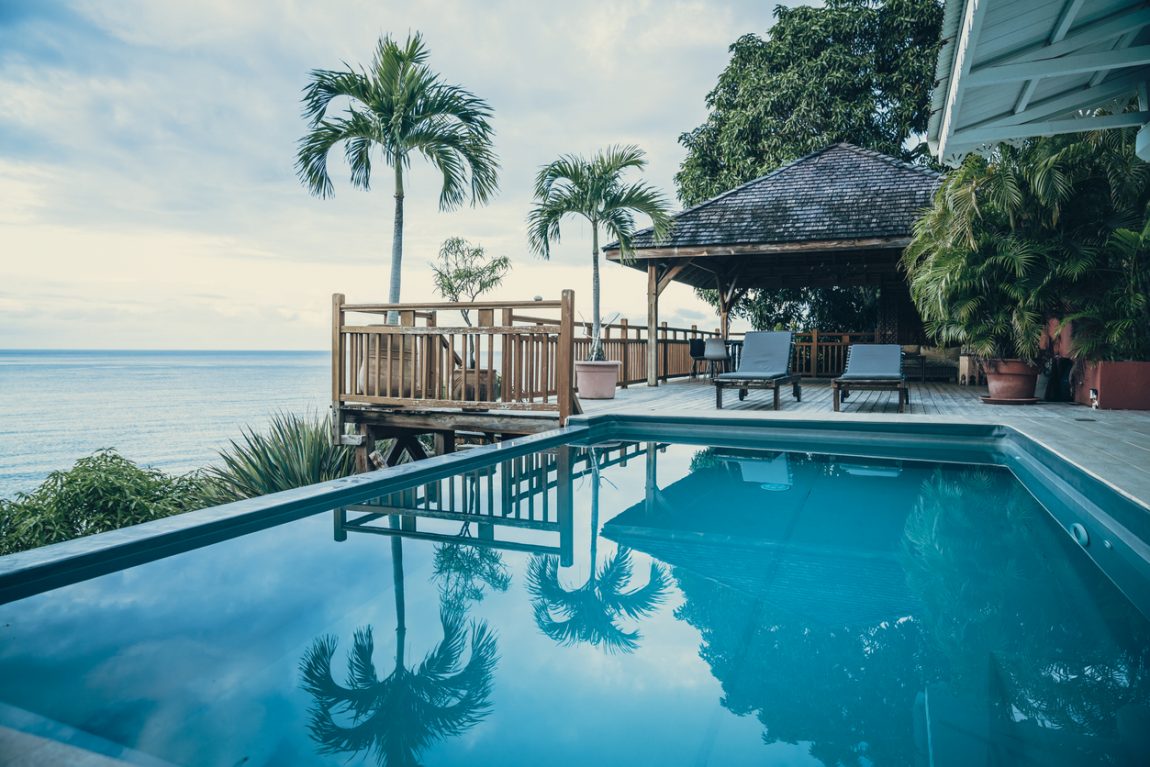
The Investor’s Guide to Barbados’ Luxury Properties
Recent studies have shown that for HNWIs, truly attractive luxury properties must be able to combine opportunities for luxurious living, privacy,
recreation, a strong potential for investment growth, wealth preservation, access to international business networks and family connections or a ‘global gateway’. “Because it touches upon several key elements in an ultra affluent individual’s life, including lifestyle, investments and family, luxury residential real estate encapsulates a core part of their identity.” Wealth-X, 2015 Report.
Serious investors in property or property development in Barbados should consult duly qualified persons to ensure that they are advised sufficiently in relation to the intended investment. As a further precaution, investors should confirm that their advisors are covered by indemnity insurance so that they can be appropriately compensated in the event of professional negligence.
Obtaining legal advice is key to securing the interests of investors. With respect to property transactions, a qualified attorney advising/representing a potential purchaser in Barbados should review the contract for sale and purchase, paying particular attention to covenants contained in prior title deeds, which may either help or hinder development of the property.
By legislation, a vendor pays the property transfer tax (currently at 2.5%) and the stamp duty (1%) calculated on the value of the transfer. Attorney’s legal fees are regulated and a minimum fee prescribed. This is calculated on a sliding scale based on the value of the transfer. The required minimum calculations for legal fees for the buyer or the seller may range from approximately 1% to 2.5% of the sale price with the additional Value Added Tax currently at 17.5%.
An insurance policy for property pre-owned prior to purchase may be transferred to a new purchaser at the option of the purchaser. If the purchaser decides to open a new policy, the purchaser may seek advice from a local insurance broker and insurance should be obtained at the date of completion, if not sooner.
Offshore financing may be available to investors, however under the Exchange Control Act, the permission of the Exchange Control Authority would be required. It is advisable to obtain this approval simultaneously with the letter of commitment from the financing institution before entering into the contract for sale and purchase.
For planning purposes, it is wise to take advice from a Chartered Town Planner in Barbados to ensure planning considerations are addressed before entering into the contract to purchase or invest in property development. The Town Planning Act of Barbados requires planning permission for specific land use, building construction, building renovations and construction of property development or developmental projects. On purchasing land for the purposes of property development or construction, it is prudent to enquire from the vendor/developer whether Town Planning has given approval for the use of the land for the purpose for which it is being bought or to enquire whether approval has been obtained for the construction of the property which is intended to be sold. A query should also be made into whether the existing approval is valid. Where the purchaser is purchasing property with the sole intention of carrying out a development, the sale/purchase contract ought to be made subject to the permission of Chief Town Planning being obtained for the development. An unconditional contract may very well leave a purchaser with property in hand without the regulatory permission and approval to develop it.
Taxes on investment are important considerations for investors. Some suggested matters for discussions with a tax advisor would be: the existence of double taxation agreements or bilateral investment treaties between Barbados and the purchaser’s country of residence, tax advantages for domestic or off-shore vehicles used for the property holding, tax liability on the beneficial owner in their jurisdiction of residence; withholding or other taxes applicable on rental and other income on investment, the treatment of gain or profit on the investment and other tax benefits which may apply to a resident or non-resident property holder.
Service providers are obligated to comply with the Anti-Money Laundering and Financing of Terrorism (Prevention and Control) Act and will have prepared due diligence requests which, from the onset, prudent investors should be armed and ready to provide. Such information relates to proof of address, bankers’ references, valid identification documents and source of funds. Where investors are utilising a corporate or trust structure for purposes of the investment, they will be asked to provide information on the ultimate beneficial owners, directors and shareholders, corporate records and matters relating to the trust, respectively.
Domestic restrictions on the investment may apply by way of the Exchange Control Act, which requires a non-national selling or buying property in Barbados to obtain the approval of Exchange Control Authority for that purpose. A prerequisite to obtaining approval for purchase is proof of the remittance of the purchase moneys into Barbados, which is registered with the Bank. Approval on purchase is key to the resale and repatriation of moneys to the country of origin.
Property management is key to maintaining the investment. After purchase, non-resident property owners may require management of their property in Barbados. There are a number of functions provided by property managers, some of which include: obtaining rental, payment of land taxes and other outgoings on the property, payment of utilities, general maintenance, entering contracts for services on behalf of the owners and management of income from the property. There are many reputable and established property managers in Barbados.
HNWIs with a net worth of at least USD 5 million and who own real estate in Barbados, OR who have made an investment in Barbados valued at USD 2 million or more (acquired or made with foreign sourced funds and not subject to any mortgage) may be granted a Special Entry and Reside Permit (SERP) by the Barbados Immigration Department, upon application. The term of the SERP varies according to the age of the recipient. For instance, an applicant for a SERP over 60 years old may receive an indefinite permit, while applicants under 60 years old may be granted a SERP for a specified term, renewable.
Barbados has much to offer HNWIs: a stable political and economic environment a sound regulatory climate and a favourable geographic location (or global gateway). Social conditions are favourable for healthcare, education and stability of legal structure. Privacy, safety and security are guaranteed with world-class recreational opportunities (yachting, polo, motor sports and fine dining, to name a few) and not least of all the availability of LUXURY PROPERTIES.
About the author: Karen Perreira is the principal of InterCaribbean Legal and a practicing attorney at law for 23 years. She received the designation of Trust and Estate Practitioner (TEP) in 2014 from STEP. She is an associate member of the Chartered Institute of International Arbitrators and a Certified Anti-Money Laundering Specialist.




